Where the Land Ends (2019)
A documentary that explores what it means to be a young person in Quebec after the dissolution of the Quebec sovereignty movement.
A documentary that explores what it means to be a young person in Quebec after the dissolution of the Quebec sovereignty movement.
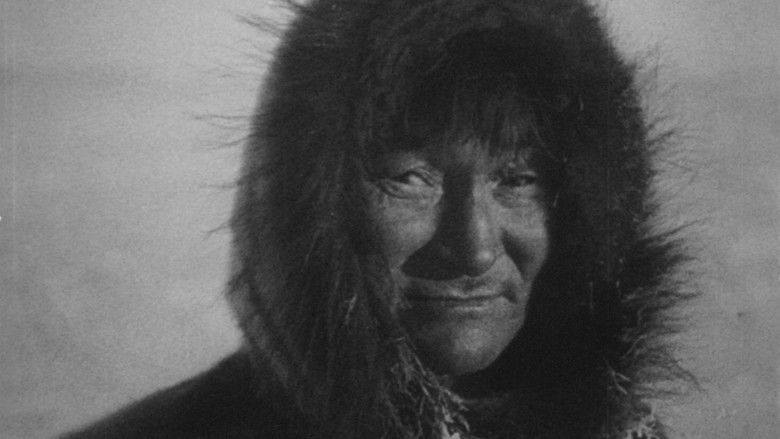
This pioneering documentary film depicts the lives of the indigenous Inuit people of Canada's northern Quebec region. Although the production contains some fictional elements, it vividly shows how its resourceful subjects survive in such a harsh climate, revealing how they construct their igloo homes and find food by hunting and fishing. The film also captures the beautiful, if unforgiving, frozen landscape of the Great White North, far removed from conventional civilization.
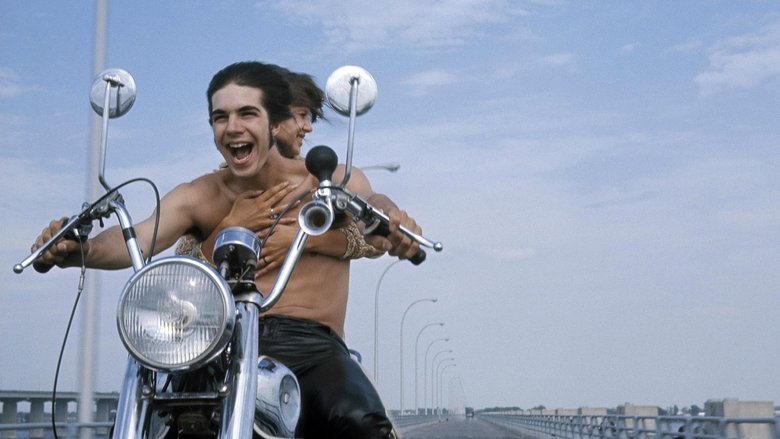
In this French Canadian film, the lives of teenagers are examined in fantasy sequences and through the use of documentary interviews. Prompted by the filmmaker, nine teenagers individually act out their secret dreams and, between times, talk about their world as they see it. The fantasy sequences make creative use of animation, unusual film-development techniques, and stills. Babette conceives of herself as an abbess defending her fortress, a convent; Michelle is transported in a dream of love where all time ceases; Philippe is the revolutionary, defeating all the institutions that plague him, and so on, through all their fantasies. All the actual preoccupations of youth are raised: authority, drugs, social conflict, sex. Jutra's style in "Wow" exhibits his innovative approach to storytelling and filmmaking, showcasing his talents as a director during that period. With English subtitles.
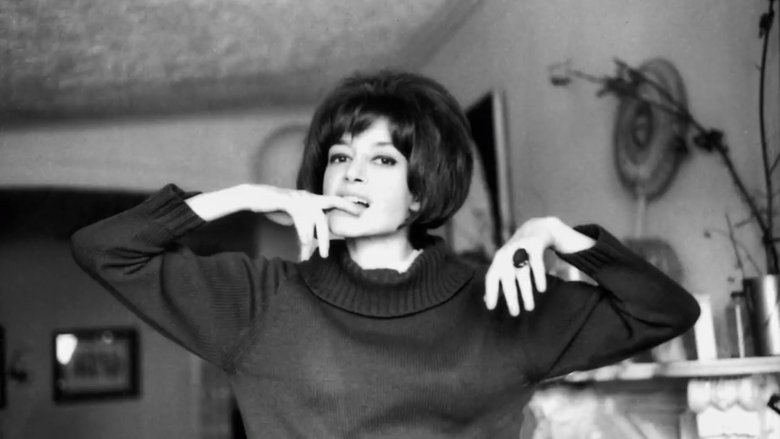
With a meticulous selection of interviews, performances and photos drawn from a vast and rich archival collection, Pauline Julien, Intimate and Political follows the iconic Quebec singer and eternally free spirit on a journey through key moments in the province’s history.
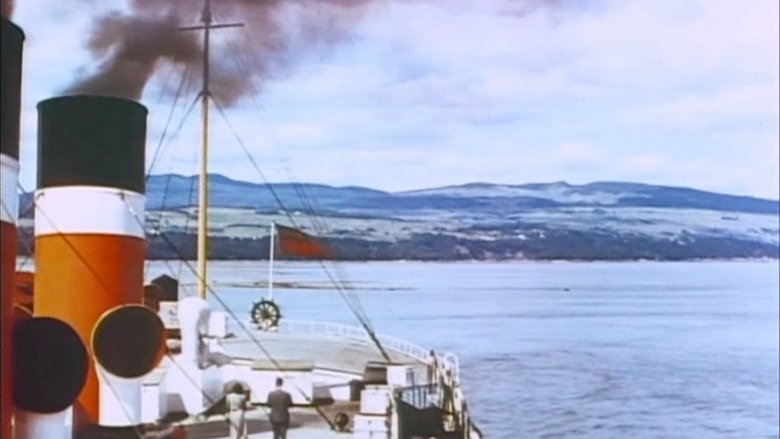
This Traveltalk series short takes the viewer to Quebec, the city that was called the "New France".
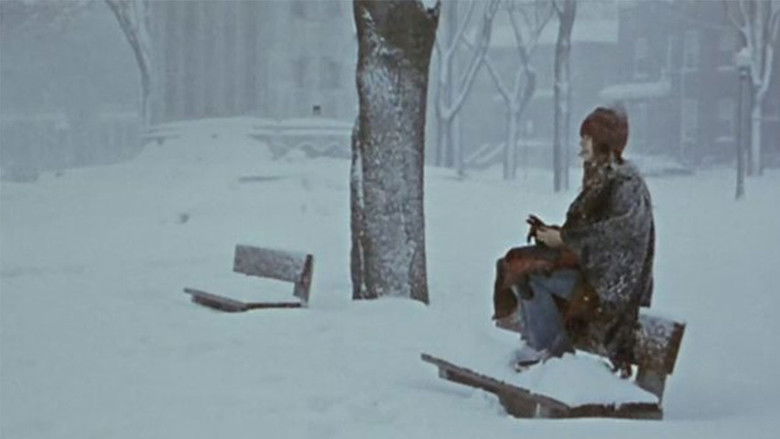
In this feature-length documentary, six teenage girls, aged 14 to 16, agree to open up and have their private worlds invaded by the camera. They have to face problems that they intend to take on "to the end": early experience of sexuality, belonging to a gang, relationships with parents, social tolerance, friendship... They live tender and pure lives in their own way.
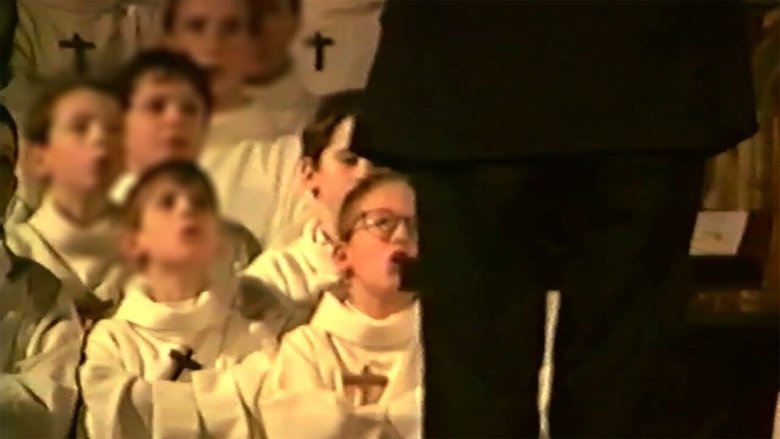
Jérôme was sexually abused as a child by a priest. In a deeply personal film, he tries to search for clues in his memories and come to terms with the complicity of his former social environment.
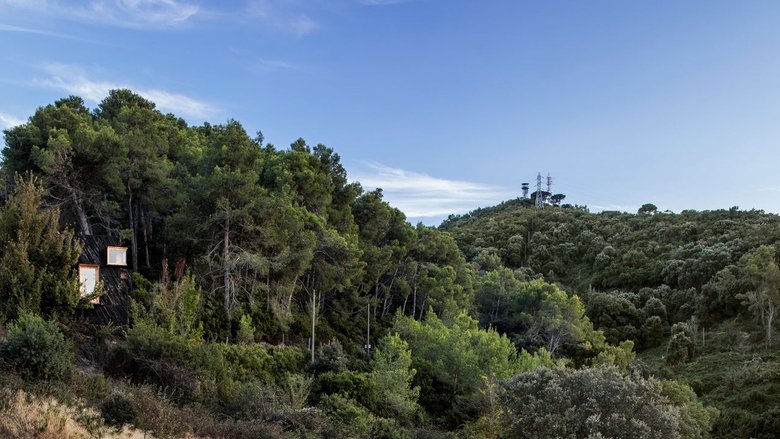
A group of young architects, confined to a forest in Barcelona during the COVID crisis, explore the problems generated by the ambition of wanting to be completely self-sufficient.
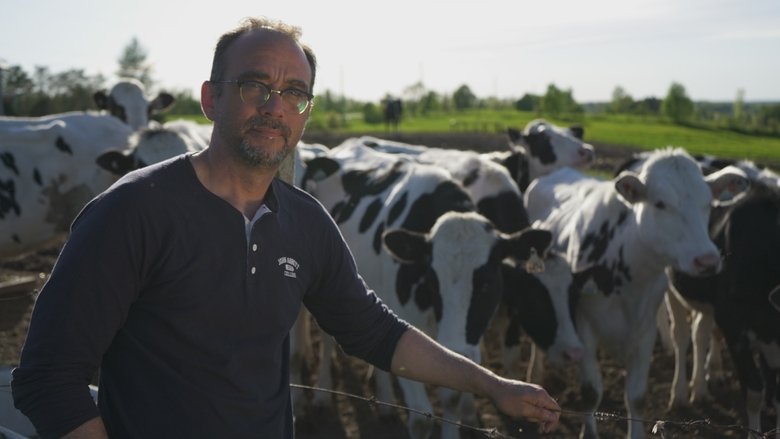

On September 11, 2004, filmmaker Robert Morin shot Que Dieu bénisse l'Amérique, set on September 11, 2001. For artistic reasons, he decided to shoot the feature in a single day. Philippe Falardeau witnessed this tumultuous day, which ended tragically. At the same time, filmmaker Louis Bélanger criticizes Robert Morin's working methods.
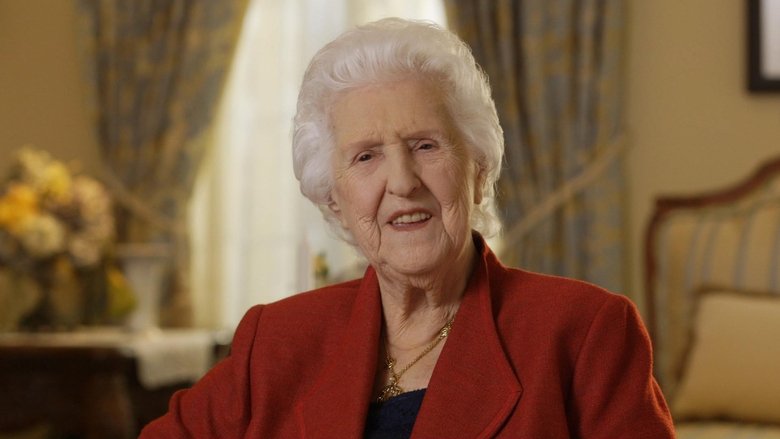
This film establishes a parallel between the 1970 electoral campaign in Québec and the 1936 campaign dominated by Maurice Duplessis. It shows the hope but also the uncertainty that existed in 1970. Had the Quiet Revolution really changed things in Québec? Was it possible that a new leader would emerge on the political scene? (NFB.ca)
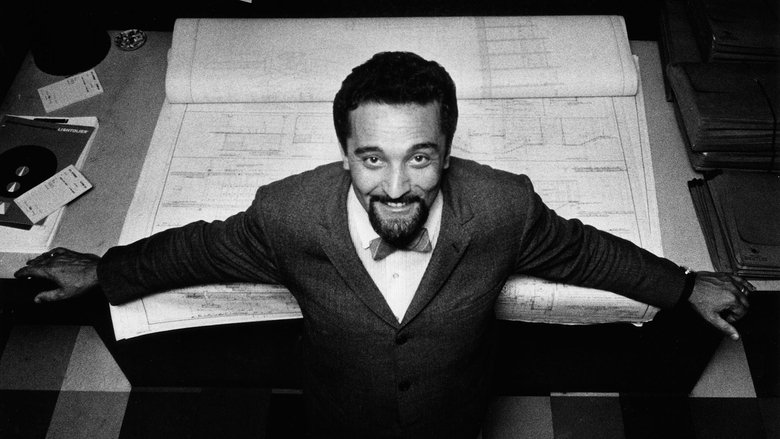
A documentary about montreal architect Roger D'astous, who battled all his life to create a nordic architecture. Starchitect in the 60s, this Frank L. Wright student then fell from grace before rising again at the dawn of the century.
Having suffered incest from her father from the age of eight to the age of twelve, at forty-five, Beatrice filmed, with two cameras, a long meeting with her mother to try, with the viewer, to understand their story.
This documentary tells the story of Quebec nationalism from the late 1960s to the present and how this nationalism has gradually transformed from progressive to a much more conservative streak.
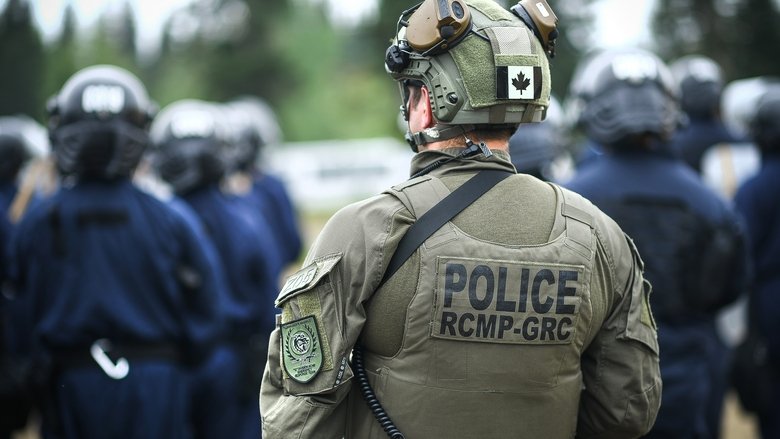
The G7 Summit that will take place in Charlevoix will bring together the leaders of the globe’s 7 major industrial powers. Thanks to an exclusive access and privileged position within the RCMP, we will bring you in the heart of the preparation and security operation surrounding such an event. It’s a privileged access for the first time in Canada, a historic and unique moment in television.
Two well-known Quebec artists (filmmaker Jacques Godbout and playwright René-Daniel Dubois) look at the Battle of the Plains of Abraham. Whose version of this historic event should prevail? Is history best served by documentary or fiction? We also meet Baron Georges Savarin de Marestan and Andrew Wolfe-Burroughs, direct descendants of Montcalm and Wolfe, both of whom died in the battle that would give birth to Canada and to the province of Quebec.